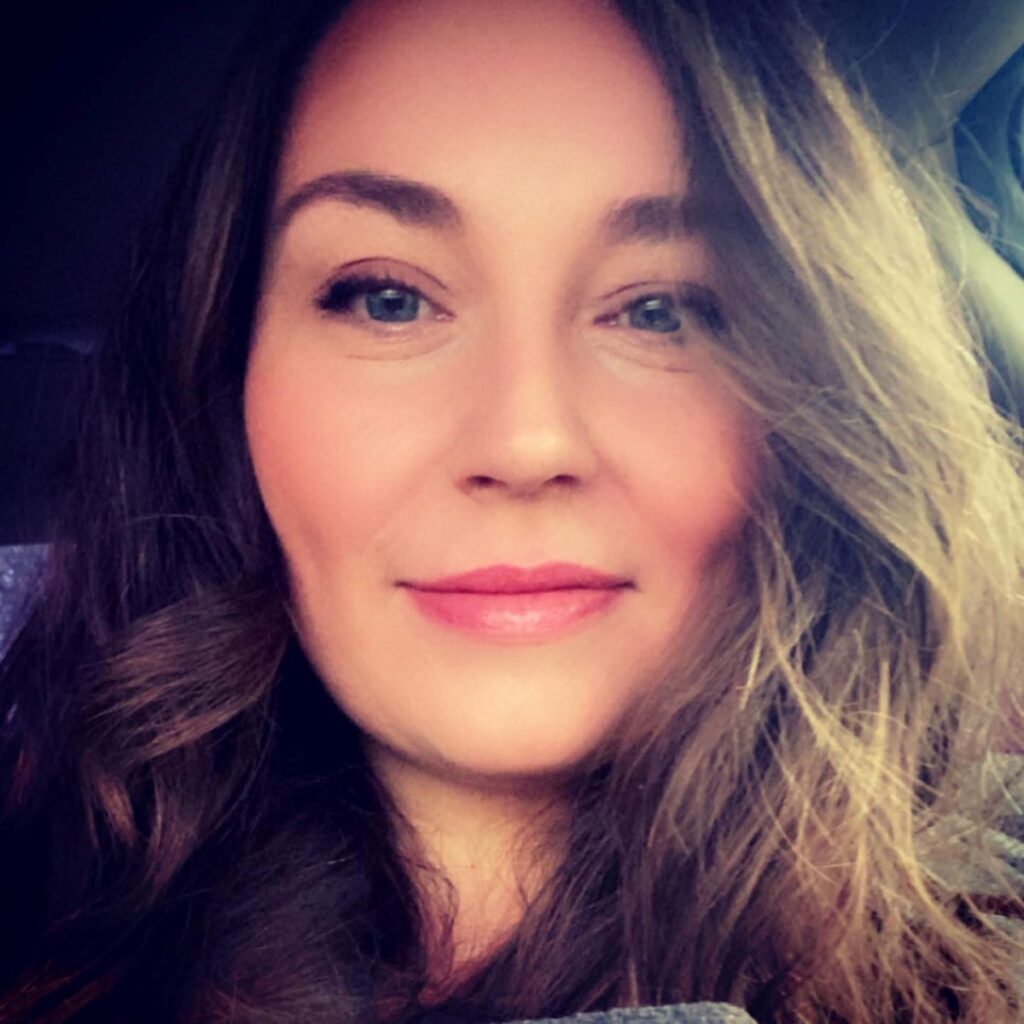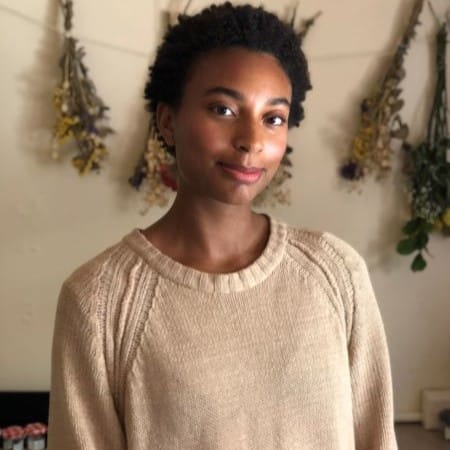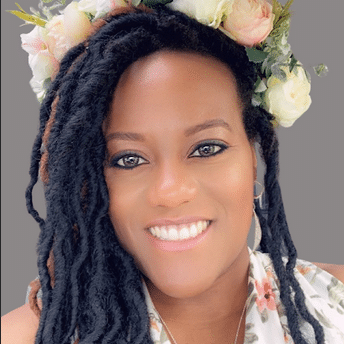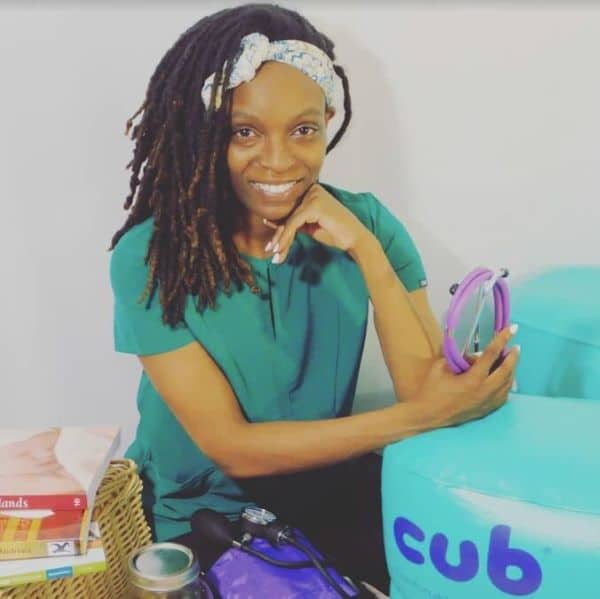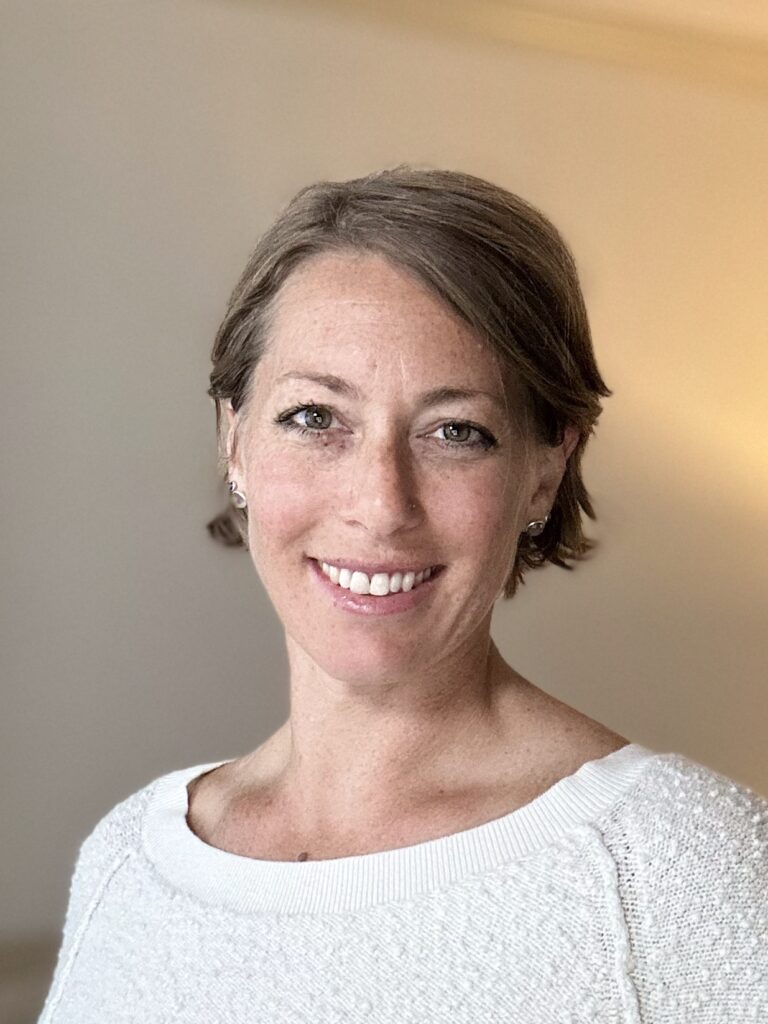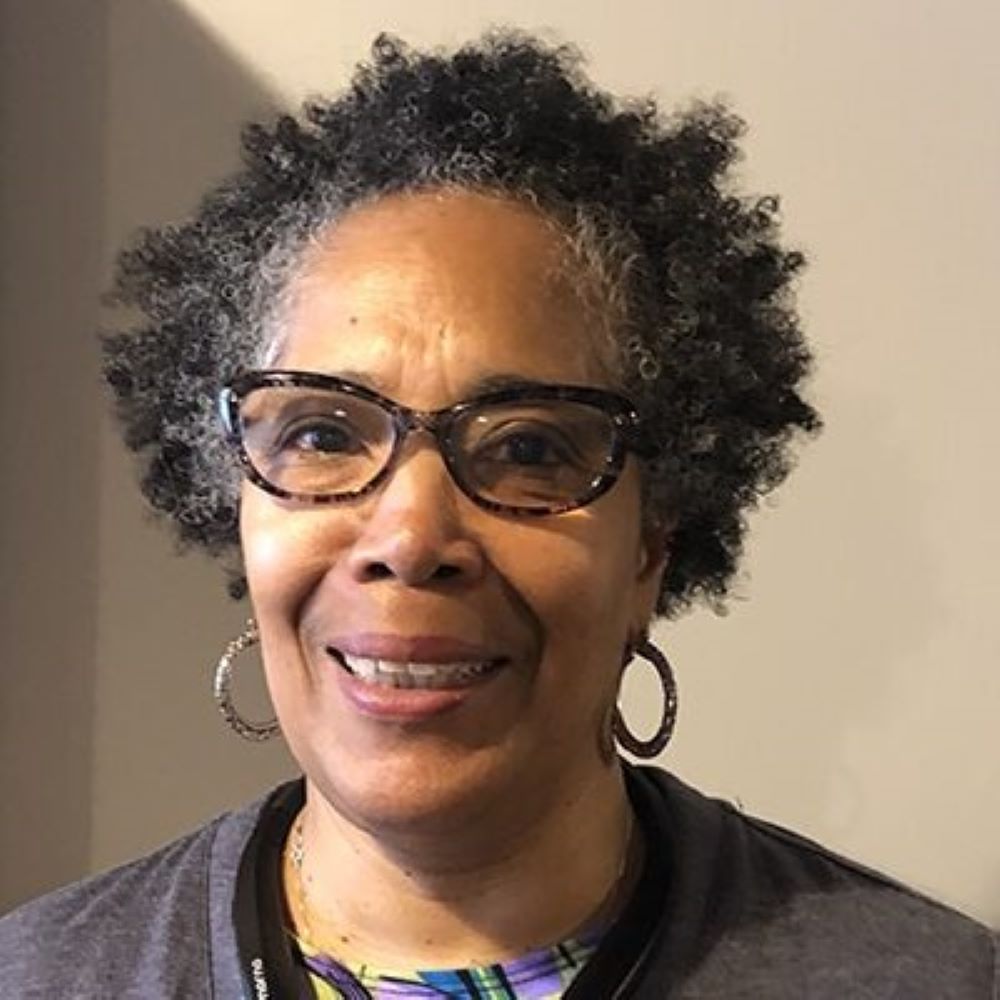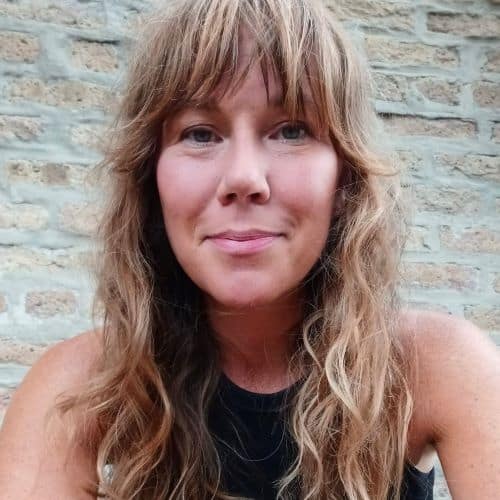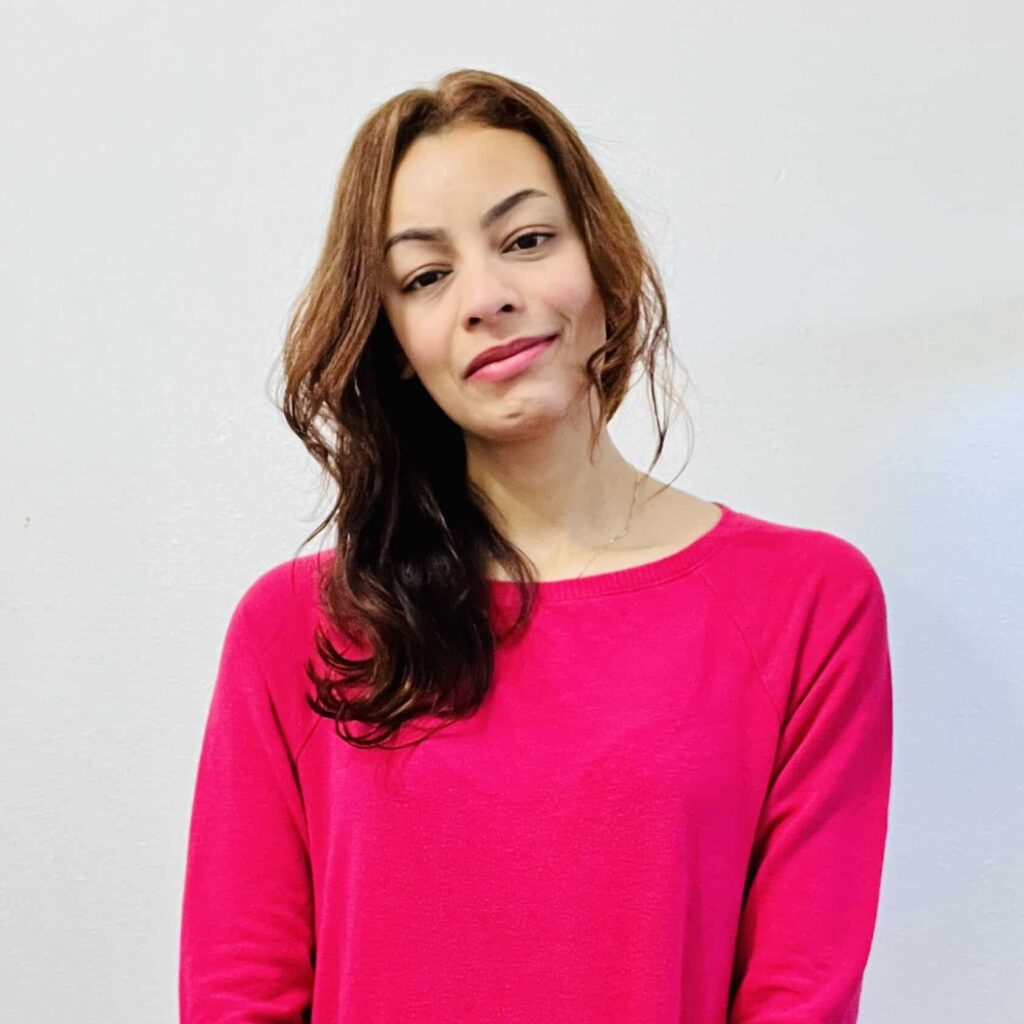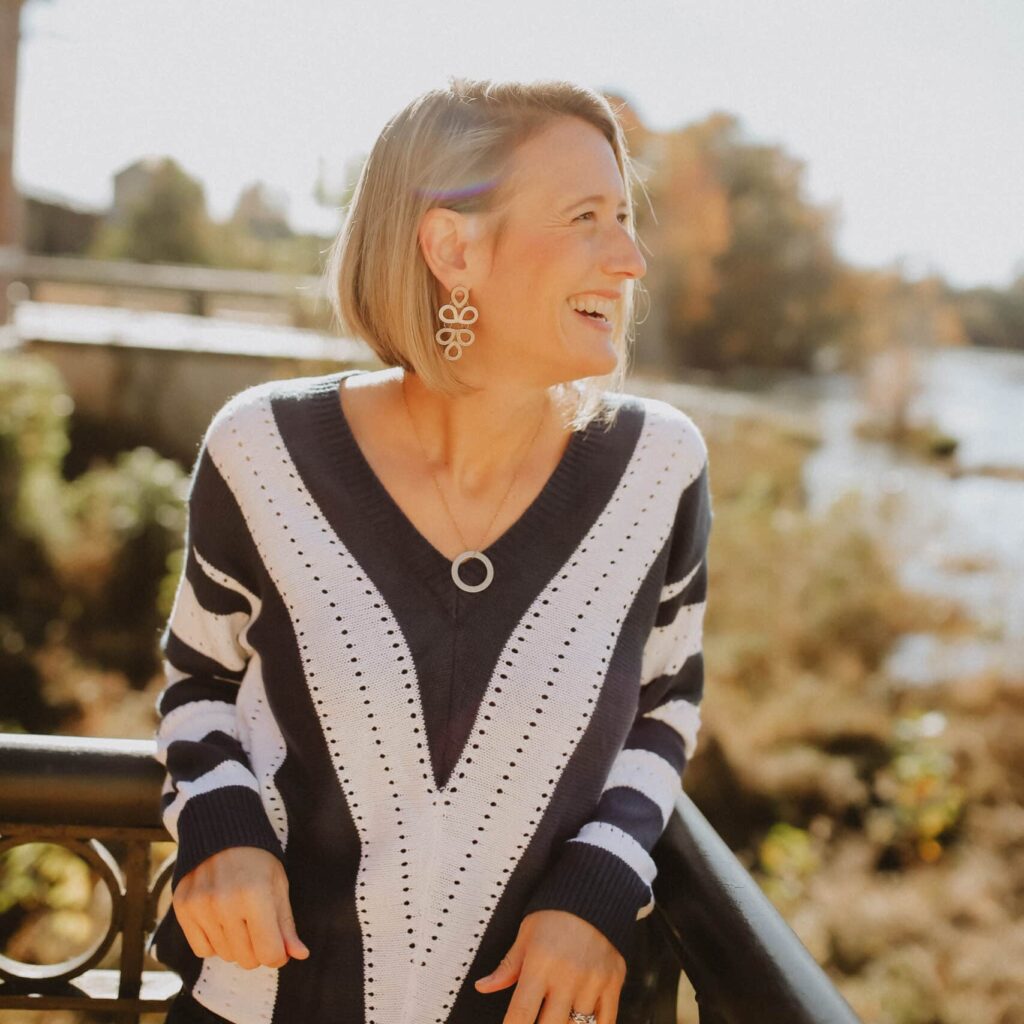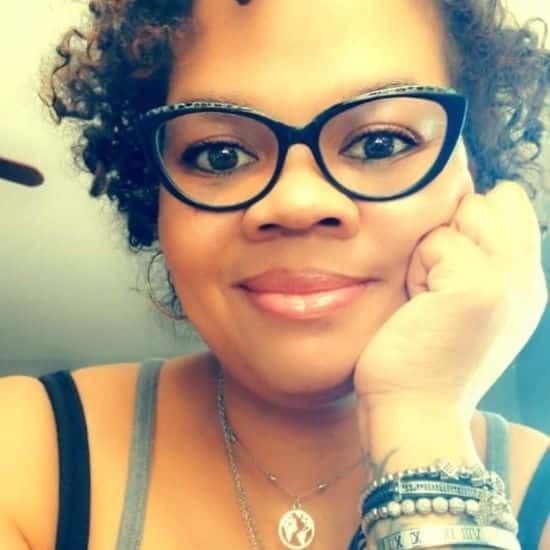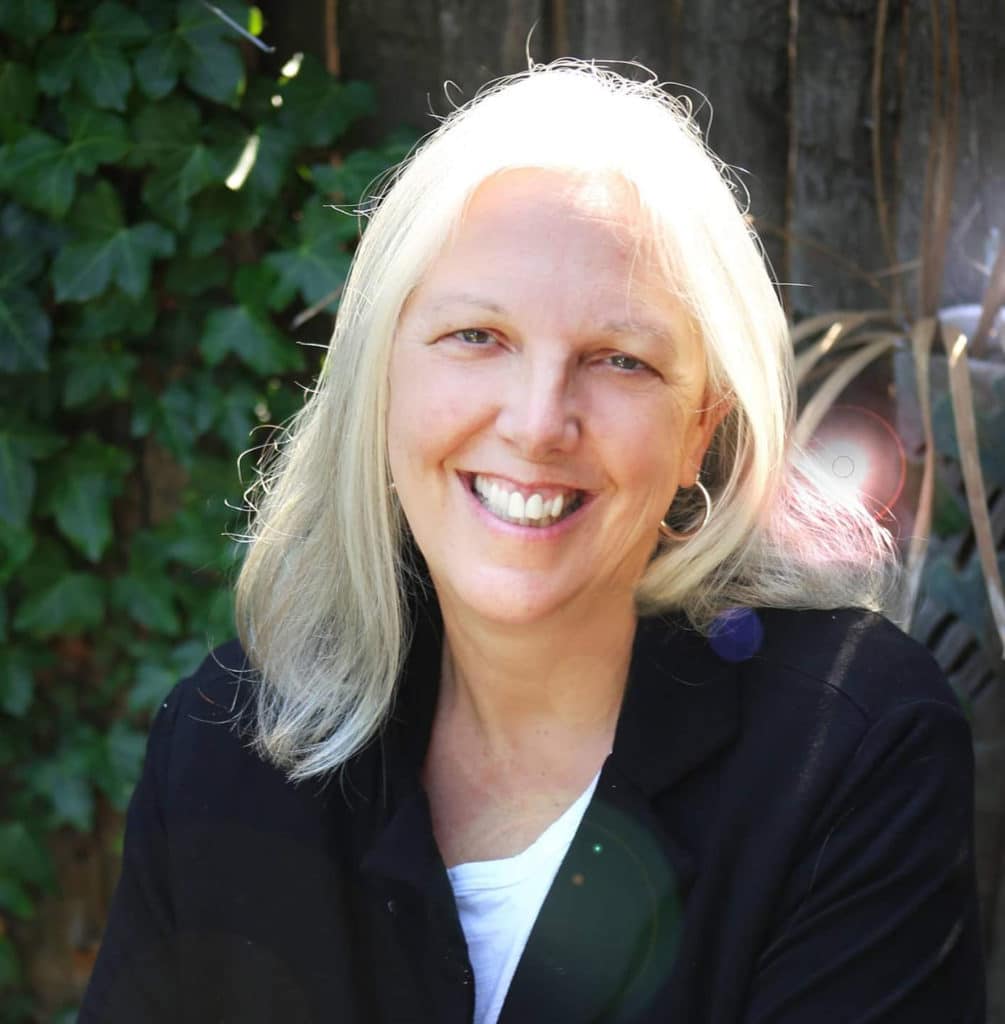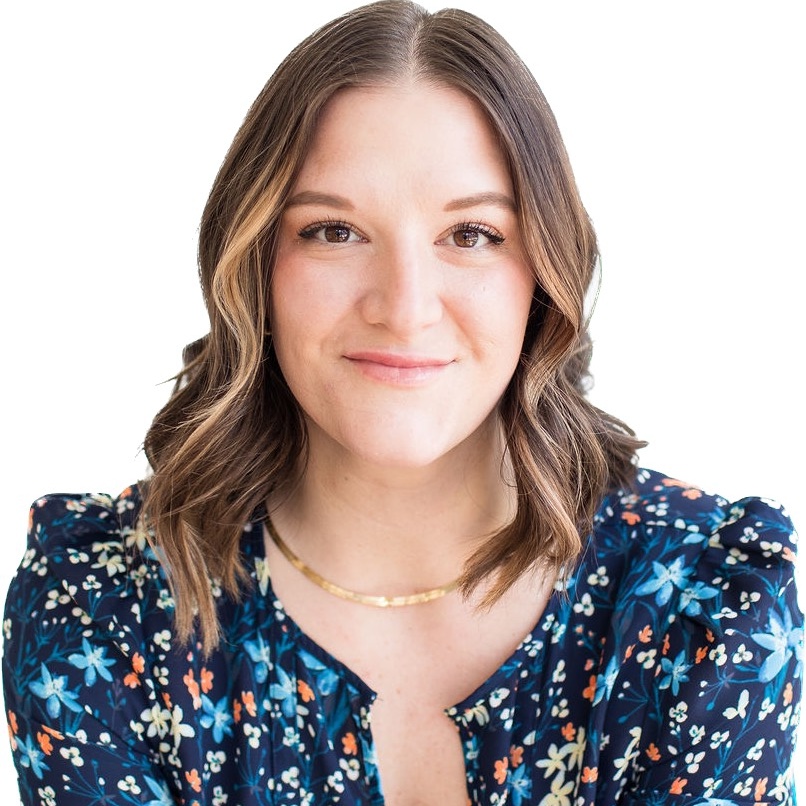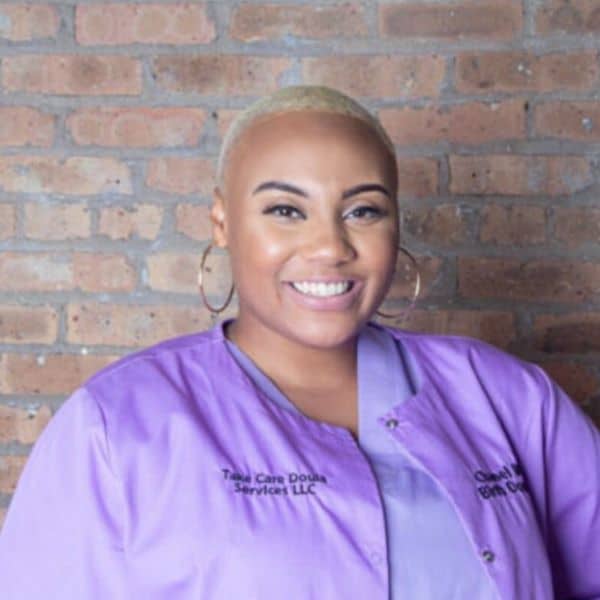Pregnancy Wellness
Who should we worry about with COVID-19? It’s not our babies.
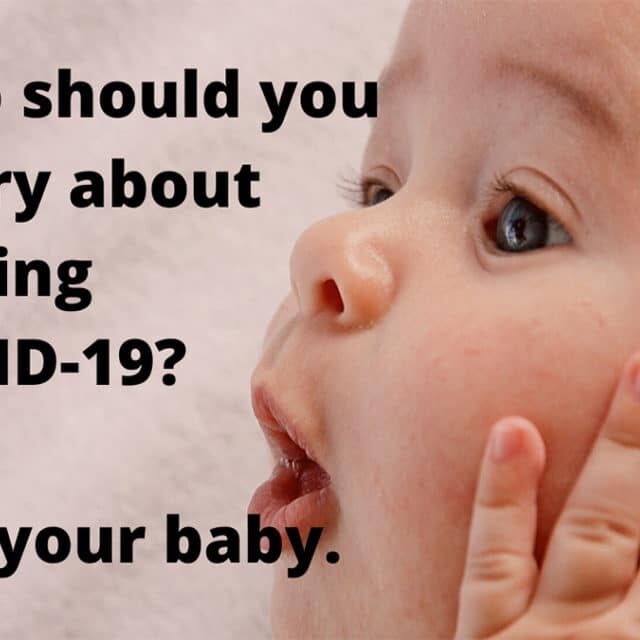
Who should we worry about? It’s not our babies.
Coronavirus, also known as “SARS-CoV-2” is a viral pathogen that causes the respiratory infection “COVID-19” and it’s impacted hundreds of thousands of people worldwide.
It has certain characteristics that are leading to its rapid spread and that lead us to take these precautions that have impacted us all. As the outbreak worldwide hit Pandemic levels this week, there are few parts of our lives that have not been affected.
I’ve been more than casually immersed in this over the last several weeks, and am working with the USLCA to produce a training for Lactation Consultants, doulas, and perinatal /health educators so that we can effectively and safely care for what I assumed may be a vulnerable population. Having trained providers and mobilized our organization during the H1N1 pandemic, it was important THEN to get the message home that pregnant persons were at high risk. For that particular virus, the outcomes were concerning. More than half of infected pregnant persons required hospitalization and children were also a risk group.
But this virus? It behaves very differently.
So today, amidst all the ‘bad’ news, I’ll share some heartening news.
COVID-19 and Pregnancy
According to the WHO, the summary of cases involving pregnant persons have not been notable. Symptoms were mild and statements from WHO and RCOG, ACOG and others make similar preliminary appraisals. Yes, there were cases where preterm birth occurred in COVID-19 infections, but they do not appear to be associated with the infection itself.
These parents were not severely ill, and any inductions or interventions were precautionary. In terms of the baby acquiring COVID-19 in utero?
It is not believed that COVID-19 is transferred to the fetus via placenta or amniotic fluid, and the virus is not detected in breastmilk.
COVID-19 and Breastfeeding /Chestfeeding
Lactation is protective. Newborns rely on immunity from their parent’s milk in the early weeks and months of life and antibodies to coronavirus appears to be no different. Parents who are symptomatic should take precautions and we’ll leave that for another blog. COVID-19 is not transmitted through breastmilk / chestmilk, but immunity for it likely is.
Babies and Children
At this point, there are no reports in the summaries from China and in data compiled worldwide, of adverse outcomes for infants or young children.
Less than .9% of cases impacted children under 9 years of age, and none have died. It’s hard to find reports, even, of any presenting with severe symptoms.
The World Health Organization encourages usual caution for children who may be at higher risk for any respiratory illness due to pre-existing asthma, prematurity, or other histories.
But that’s the extent.
Where should your concern be placed?
The greatest degree of caution should be extended to your parents who are traveling to see the baby! Persons over aged 60 are at highest risk for the worst consequences of this illness. As international airline travel is restricted and few people are making domestic flight plans, families may still want to get in the car to get to their newly arriving grandchildren.
I am parenting a young adult now and I can tell you I certainly would have a hard time NOT wanting to get to my child if she were having a baby, in any way I could. But it’s not something I would recommend to anyone.
Of course, every situation is different, but those little toddlers, preschoolers and children that aren’t getting very sick, can still be transmitting the virus to those that may be more vulnerable. It’s disappointing to not have time together, but these are extraordinary times. They will pass.
This week, a beloved family member passed away after a long journey with cancer. If ever there were times when we want to gather and be together, it’s at the beginning of life, and at its end. It was through lots of tears that the family decided to wait for a memorial to be planned when it’s safe to travel and safe to gather. The more time that passes, the more it seems that this pause will give everyone a chance to really plan what is most meaningful.
We’re all adjusting to rapidly changing conditions but amidst it all, the thing that matters most is that we stay well, stay balanced, and stay connected in our love for each other.
So I don’t want to dismiss that not having a parent at your baby’s birth or being able to meet your grandchild isn’t a huge one. But it will be just as sweet some weeks or months from now when doing so won’t put those we love the most at risk.
Taking action.
My course on COVID-19: Best Practices launches in a few days. I still feel very strongly that those that are involved in caring for expectant and new families need to learn the facts, key components of a transmission-specific precaution plan and need to understand Best Practices as more information becomes available. In fact, they need to take this very seriously and I know my team is, but I’m hoping that we can make sure more providers are.
And it is important to follow all best practices and precautions as a family. People in their 30s and 40s can and do become severely ill, so it’s not that you’re ‘in the clear’. But it is notable that pregnancy does not seem to make you any more vulnerable.
I do recommend that you hire support to fill that gap in family support, to fill the gap in health care systems that are being taxed, to keep you from developing complications that would require you to have more contact with health care systems than you need to, and to support lactation, now that it’s protective qualities may be more important than ever. But if they don’t have a plan to use transmission-specific precautions, and they haven’t learned what they need to know in order to support public health efforts, I also recommend that you have a conversation about it.
But I also hope that these updates that have started to roll out about pregnant persons and young children, allows you to return to plan and cherish your pregnancy and early parenting.
Having a baby is a great time to cuddle up and turn away from the outside world to enjoy getting to know one another. And send video streams to those who are loving you from afar.
Want to learn more about what you can do as an expectant or new parent to be prepared?



